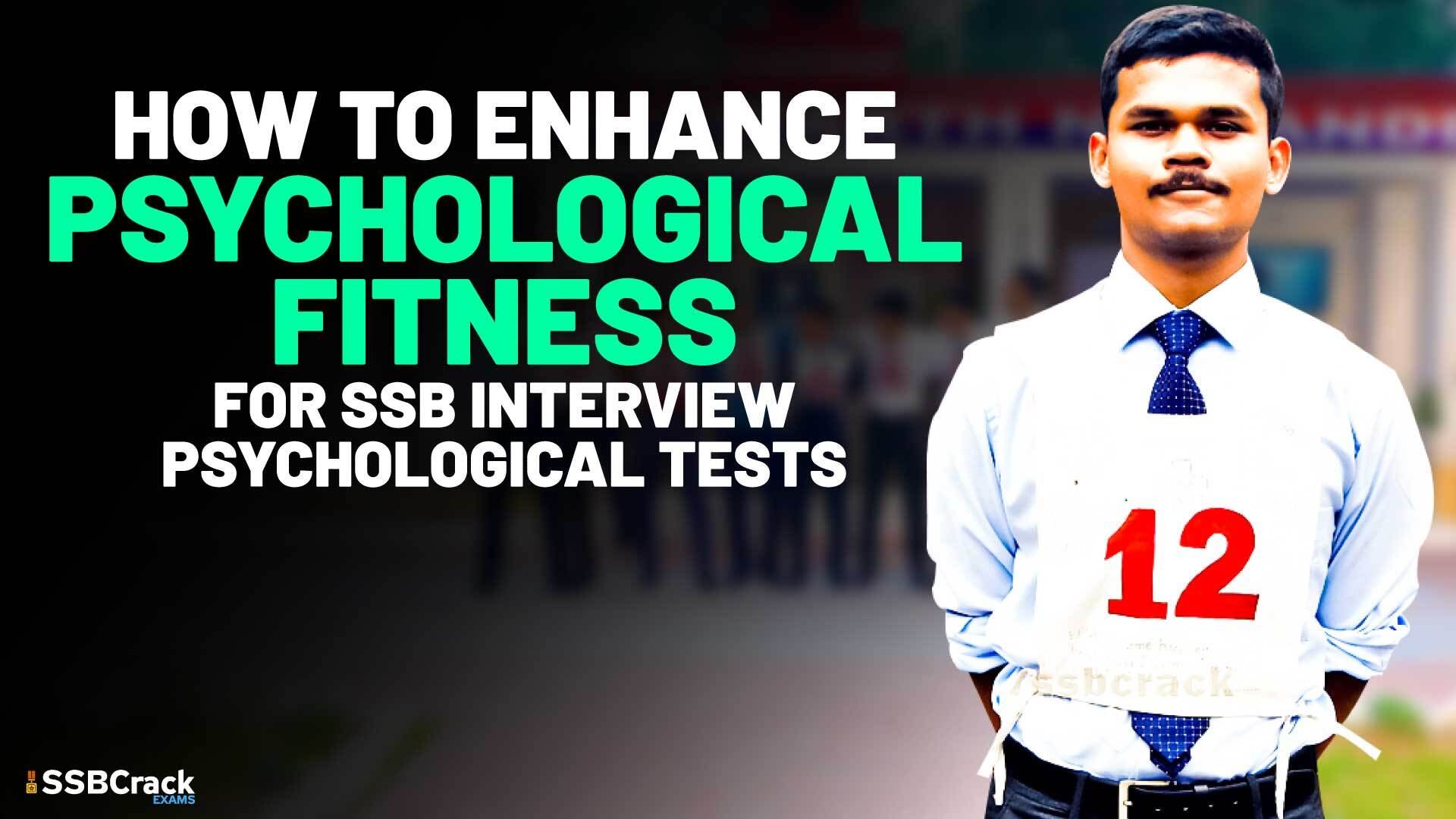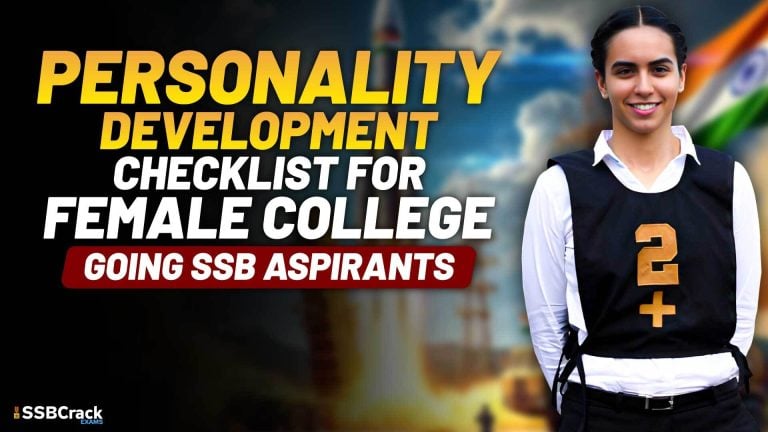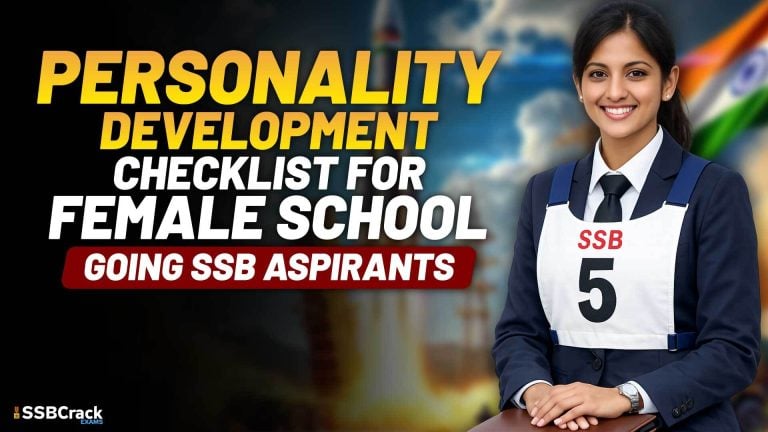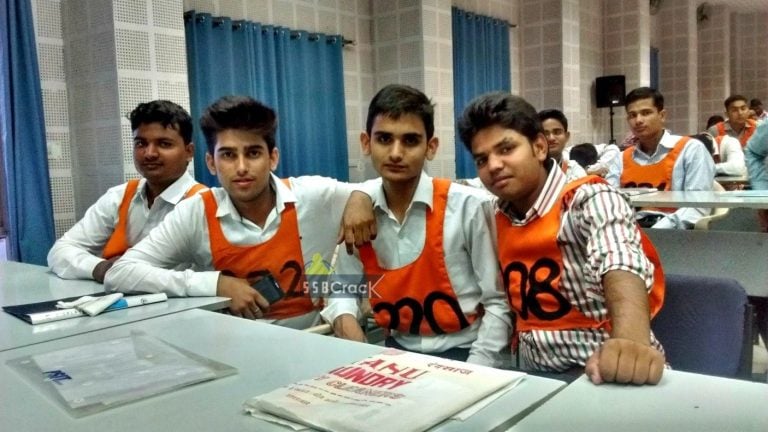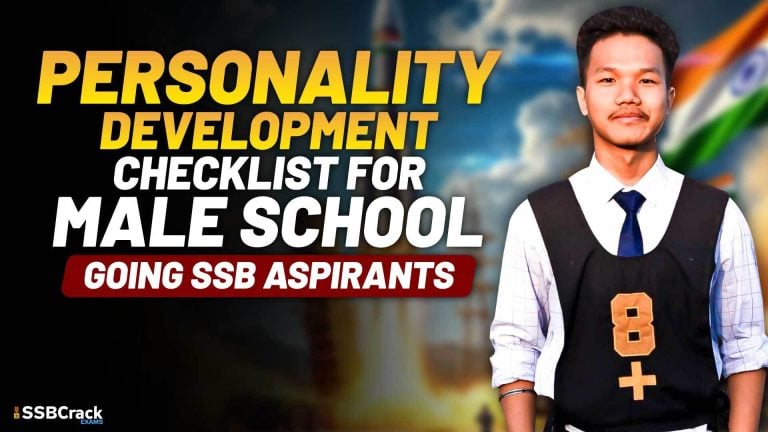The SSB (Services Selection Board) interview is a comprehensive process designed to evaluate the mental, physical, and emotional fitness of candidates aspiring to join the Indian Armed Forces. Psychological tests are a critical component of this evaluation, including the Thematic Apperception Test (TAT), Word Association Test (WAT), Situation Reaction Test (SRT), and Self-Description Test (SDT). Improving your psychological fitness is essential to perform well in these tests. Here’s a detailed guide on how to enhance your psychological fitness for the SSB interview.
Understanding Psychological Tests in SSB
- Thematic Apperception Test (TAT): Candidates are shown ambiguous pictures and asked to write stories about them. This test assesses imagination, thought process, and emotional responses.
- Word Association Test (WAT): Candidates are shown words, and they must write the first thought that comes to mind. This test evaluates spontaneous thoughts and personality traits.
- Situation Reaction Test (SRT): Candidates are given hypothetical situations and asked to respond. This test measures problem-solving abilities and decision-making skills.
- Self-Description Test (SDT): Candidates write about their own personalities, strengths, weaknesses, and perceptions from others. This test examines self-awareness and introspection.
Strategies to Improve Psychological Fitness
- Self-Awareness and Introspection
- Reflect on Experiences: Regularly reflect on your experiences, thoughts, and feelings. Understanding your reactions and behavior in different situations will help you respond authentically in psychological tests.
- Identify Strengths and Weaknesses: Acknowledge your strengths and areas for improvement. Work on enhancing your strengths and addressing your weaknesses.
- Positive Thinking and Attitude
- Develop Optimism: Cultivate a positive outlook on life. Focus on the silver lining in challenging situations and maintain a hopeful attitude.
- Positive Affirmations: Use positive affirmations to reinforce self-belief and confidence. Regularly remind yourself of your capabilities and potential.
- Stress Management
- Practice Relaxation Techniques: Engage in relaxation techniques such as deep breathing, progressive muscle relaxation, and mindfulness meditation. These practices can help manage stress and maintain mental clarity.
- Exercise Regularly: Physical exercise is a proven stress reliever. Regular workouts can improve mood, reduce anxiety, and enhance overall well-being.
- Effective Communication Skills
- Active Listening: Practice active listening skills to improve your ability to understand and respond effectively in group discussions and interviews.
- Express Yourself Clearly: Work on articulating your thoughts clearly and concisely. This will help you convey your ideas effectively during the tests.
- Problem-Solving and Decision-Making
- Simulate Situations: Regularly practice responding to hypothetical situations. Think about how you would handle various challenges and make decisions under pressure.
- Critical Thinking: Enhance your critical thinking skills by analyzing problems from different angles and considering multiple solutions.
- Emotional Intelligence
- Recognize Emotions: Be aware of your emotions and understand how they influence your behavior and decision-making.
- Manage Emotions: Learn to manage your emotions effectively, especially in stressful or challenging situations.
- Goal Setting and Planning
- Set Clear Goals: Define clear and achievable goals for your SSB preparation. Having a clear direction will help you stay focused and motivated.
- Create a Plan: Develop a structured plan for your preparation, including specific actions to improve your psychological fitness.
- Regular Practice and Feedback
- Mock Tests: Regularly practice mock TAT, WAT, SRT, and SDT. Familiarity with the test format and time constraints will improve your performance.
- Seek Feedback: Share your responses with mentors or peers and seek constructive feedback. Use their insights to refine your approach.
Daily Routine for Psychological Fitness
- Morning Routine (6:00 AM – 8:00 AM)
- Physical Exercise: Engage in a 30-minute workout to start your day energetically.
- Mindfulness Meditation: Spend 10-15 minutes practicing mindfulness meditation to calm your mind and enhance focus.
- Afternoon Routine (1:00 PM – 3:00 PM)
- Practice Tests: Dedicate time to practice TAT, WAT, and SRT. Analyze your responses and identify areas for improvement.
- Reflect and Journal: Reflect on your day and journal your thoughts and feelings. This practice enhances self-awareness and emotional intelligence.
- Evening Routine (6:00 PM – 8:00 PM)
- Group Discussion Practice: Engage in group discussions with peers to improve communication and interpersonal skills.
- Relaxation: Wind down with relaxation techniques or light reading to reduce stress and promote mental well-being.
Conclusion
Improving your psychological fitness is a continuous process that requires self-awareness, positive thinking, stress management, effective communication, problem-solving, and regular practice. By incorporating these strategies into your daily routine, you can enhance your readiness for the psychological tests in the SSB interview. Remember, a balanced approach that nurtures both mental and physical well-being is key to performing your best and achieving your goal of joining the Indian Armed Forces.
